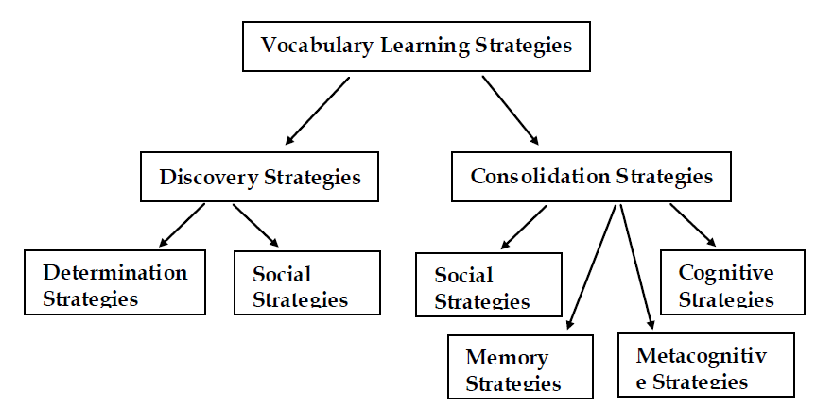10 Ways to Improve Verbal Communication Skills Confidently
Clear verbal communication isn’t just a useful skill—it’s essential for personal growth, professional success, and meaningful relationships. Whether you’re in a meeting, an interview, or a casual conversation, how you express your ideas can impact the way others see you and how effectively your message is received.
At WordRush, we believe improving verbal communication skills is one of the most valuable investments you can make in yourself. Fortunately, it doesn’t take complex training or a speech coach to get started—just the right habits, practiced regularly, can make a world of difference.
Let’s explore 10 powerful, practical ways you can strengthen your verbal communication skills and speak with more confidence in any setting.
Why Verbal Communication Matters
Strong verbal communication can help you:
- Express thoughts and emotions clearly
- Build trust in conversations
- Persuade and influence others
- Avoid misunderstandings
- Lead teams or discussions effectively
It’s more than just talking—it’s about being understood and connecting with others.
1. Listen First, Then Speak
Effective communication starts with active listening. When you truly listen, you understand not just the words but the context, emotions, and intent behind them.
Tips for better listening:
- Maintain eye contact
- Avoid interrupting
- Reflect back what the speaker said to confirm understanding
2. Expand Your Vocabulary Naturally
The more words you have at your disposal, the more precisely you can express yourself. You don’t need to sound like a thesaurus—but a wider vocabulary helps you articulate ideas with confidence.
How to build vocabulary:
- Read a variety of content daily
- Note down new words and practice using them
- Learn word roots and common phrases
3. Practice Speaking Out Loud Daily
Speaking out loud, even to yourself, helps your brain organize thoughts quickly and improves fluency.
Try this:
- Recap your day aloud
- Explain a concept or topic you’ve learned
- Record yourself and listen for clarity, tone, and flow
4. Slow Down and Think Before You Speak
Rushing can lead to unclear sentences, filler words, or stumbling. Slowing down gives you space to think and structure your response.
Pro tip:
Pause briefly to gather your thoughts before responding. It shows control and adds impact.
5. Use Stories to Make Your Message Memorable
People remember stories more than statistics or plain facts. Use short, real-life examples or analogies to make your message relatable.
Why it works:
- Engages emotions
- Adds credibility
- Helps others visualize your point
6. Work on Your Pronunciation and Enunciation
Clear speech isn’t about having a perfect accent—it’s about being easily understood.
Improve your clarity by:
- Practicing tongue twisters
- Reading aloud slowly and deliberately
- Listening to native speakers and mimicking pronunciation
Apps and online videos can also be great tools here.
7. Get Comfortable With Silence
Don’t fear a short pause. Silence gives both you and your listener time to process information.
Silence is useful when:
- You need to emphasize a point
- You’re asked a complex question
- You’re transitioning to a new topic
It shows thoughtfulness, not hesitation.
8. Ask Open-Ended Questions
Engaging in meaningful dialogue requires asking questions that invite discussion, not just yes or no answers.
For example:
- “What’s your perspective on this?”
- “How did you approach that challenge?”
It encourages two-way communication and builds rapport.
9. Practice with Real People, Not Just Alone
Improving verbal communication skills takes real-world application. Find ways to speak more often in different settings.
Join or try:
- Toastmasters or speaking clubs
- Networking events
- Online discussion groups
You’ll gain feedback, confidence, and insight into how others perceive your speech.
10. Stay Aware of Nonverbal Signals
Verbal communication goes hand-in-hand with nonverbal cues like tone, facial expression, and posture.
Pay attention to:
- Your body language when speaking
- Eye contact and facial expressions
- Voice tone and volume based on context
People often believe how you say something more than what you say.
Bonus: Build Confidence Through Consistency
The more you practice, the easier it becomes. At WordRush, we encourage consistent daily habits that support your growth—whether it’s through short speaking exercises, reading challenges, or vocabulary drills.
Improving verbal communication skills is a journey. But with small, steady steps, you’ll not only become more articulate but also more confident in expressing your thoughts.
Final Thoughts
Strong communication can transform your relationships, career, and self-image. Whether you’re pitching a business idea, making a new friend, or leading a team, your ability to speak with clarity and confidence will set you apart.
Let these 10 strategies be the foundation of your daily communication routine. And remember: It’s not about perfection—it’s about progress, one conversation at a time.
If you’re ready to take your language skills further, WordRush offers tools and resources designed to support your speaking journey. Clearer conversations are just a few habits away.


